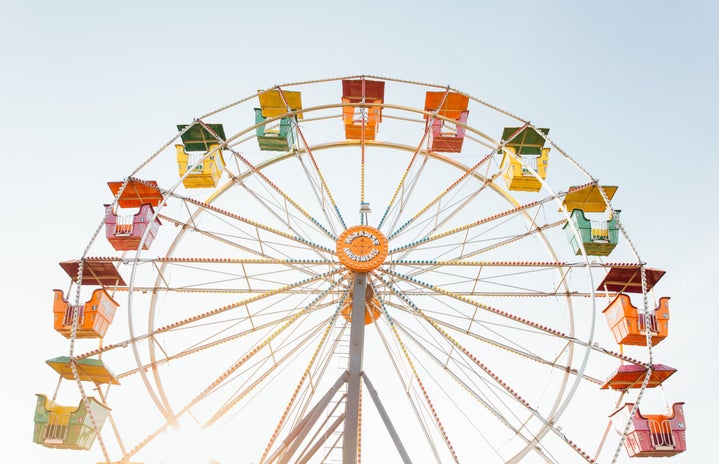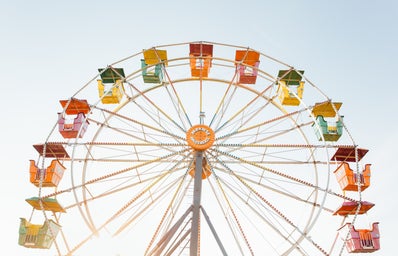The days of a movie with 20 fully-fledged male characters and a waitress in the background that says “Oh, no!” in the background are no longer published without pushback. Viewers understand the complexities of women, demanding them on screen. From Reese Witherspoon to Greta Gerwig, women within the entertainment industry have begun investing their own money into tv shows and films that tell the stories of real women.
The Bechdel Test has grown in popularity throughout the years, marking movies and TV shows with whether or not they express the authentic experiences of women. The test has three qualifications: it includes two women with speaking roles, they talk to each other at some point, and when they do, it’s about something other than men. Sounds easy, right? Maybe not. After launching, many people found that their favorites didn’t make the cut, leading to a deeper dive into who is included in the industry.
In 2012, Reese Witherspoon announced her production company, Pacific Standard. They started with Gone Girl, setting a precedent throughout the industry that women can lead dynamic roles in a box office success. Since then, Big Little Lies and Wild have become huge viewer success, paving the way for the woman-driven comedies.
Lady Bird was the movie to watch in 2018, winning a Golden Globe for Best Actress and Best Motion Picture. It featured a mother-daughter relationship, filled with turmoil, wild personalities, and passionate opinion—both good and bad. Christine McPherson (Saoirse Ronan), otherwise known as Lady Bird, struggles to come into her own while maintaining herself. It’s authentic and relatable; not Hollywood attempting to understand the life of a teenage girl, but actually becoming one.
The genre grew further after that, issuing in not only harsh dramas featuring battered women but satirical comedies about real women and relatable stories.
Fleabag, written by and starring Pheobe Waller-Bridge, is already a success after her show Crashing. Named after the main female protagonist, Fleabag shined as a dull-humored collection of awkward family situations, touching friendships, witty banter, and relatable romance problems, especially after the addition of their “hot priest” romance in Season 2.
Shrill, created by and starring SNL cast member Aidy Bryant, is a similar dull-humored show that’s gained a lot of attention for its body inclusivity and challenging subject matter. With only six episodes in its first season, the show details experiences of abortion, struggle for self-love, relationship vulnerability, and workplace discrimination. The friendships are delightful but real. The people are complex but understandable.
The rise of the relatable female comedy is not coincidental. Viewers expect more from the media they consume. They want complex characters, relatable plot, interesting situations, and difficult decisions. They want to see themselves and the people they know, not women to say “Oh, no!” and men who do all the work.
In 2015, Witherspoon won an award for helping to create stronger roles for women in the entertainment industry at the Glamour Woman of the Year Awards.
“I dread reading scripts that have no women involved in their creation because inevitably I get to that part where the girl turns to the guy, and she says, ‘What do we do now?!’” Witherspoon admitted in her acceptance speech. “Do you know any woman in any crisis situation who has absolutely no idea what to do?”
That’s one of the reasons why women go off to create their own shows, starring in the roles they aspire to be; like Pheobe Waller-Bridge and Aidy Bryant.
“‘If you want something done, honey, do it yourself,’” Witherspoon added, using her mother’s advice from childhood.
The entertainment industry is changing. Real stories are being told. Diverse experiences are being expressed. Roles for women are more expressive than ever, with good dialogue instead of cramming a host of emotions into a nondetailed script.
Crashing. Shrill. Fleabag. Dollface. They all have star casts, hilarious dialogue, and huge fan followings. They show that though the industry has room to grow, viewers value the experiences and careers of women. The relatable female comedy is still on the rise.



